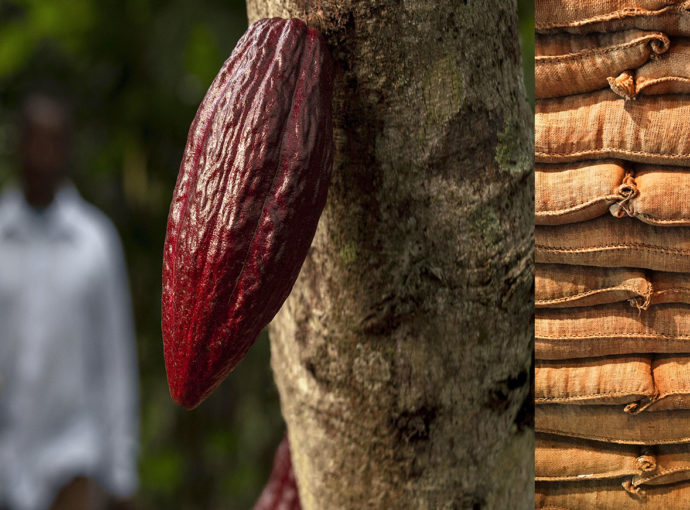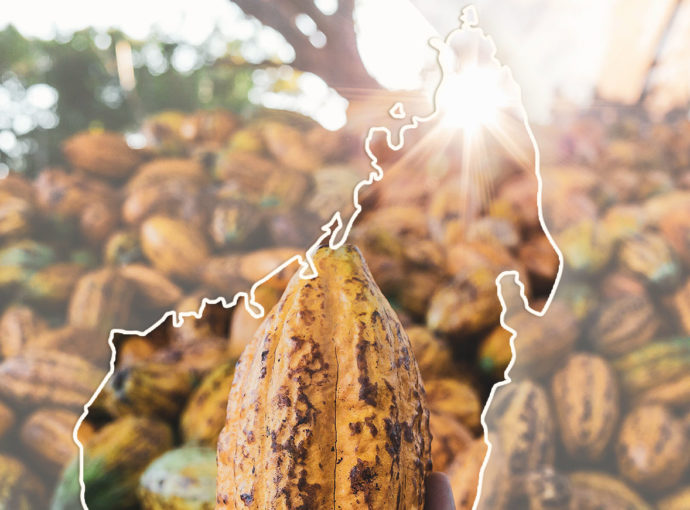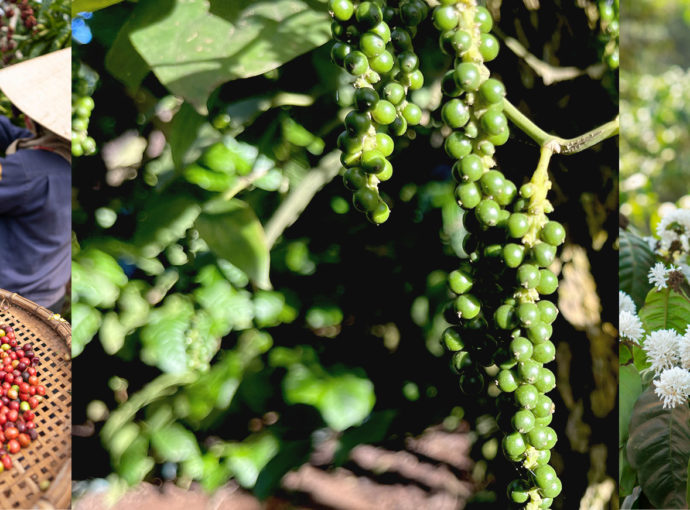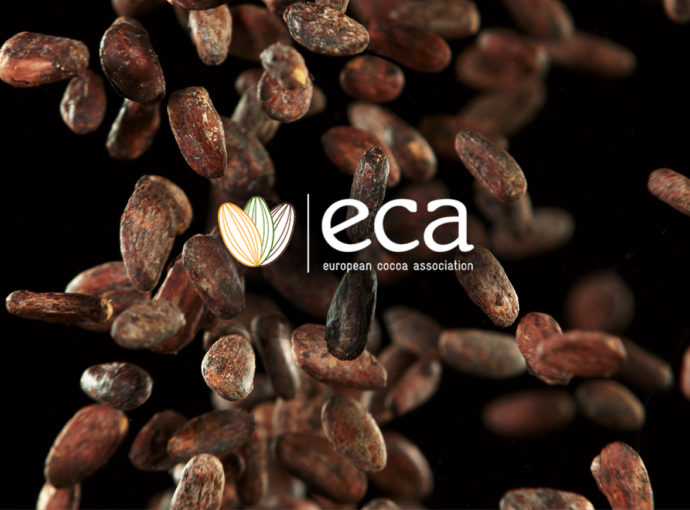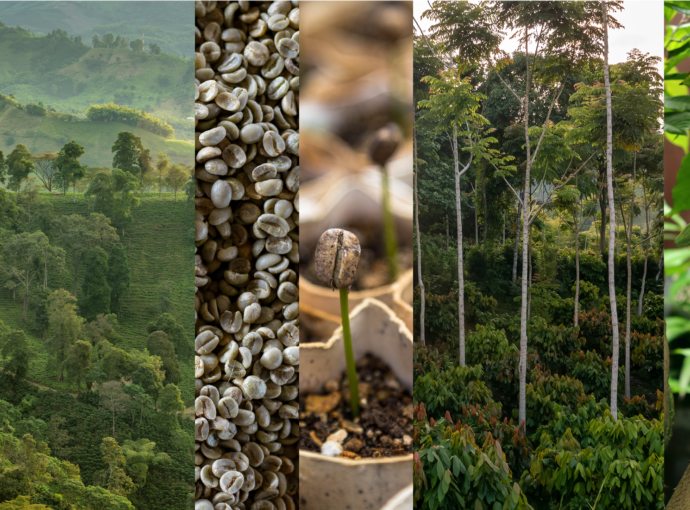Introducing: The Ethiopia Traceability Project
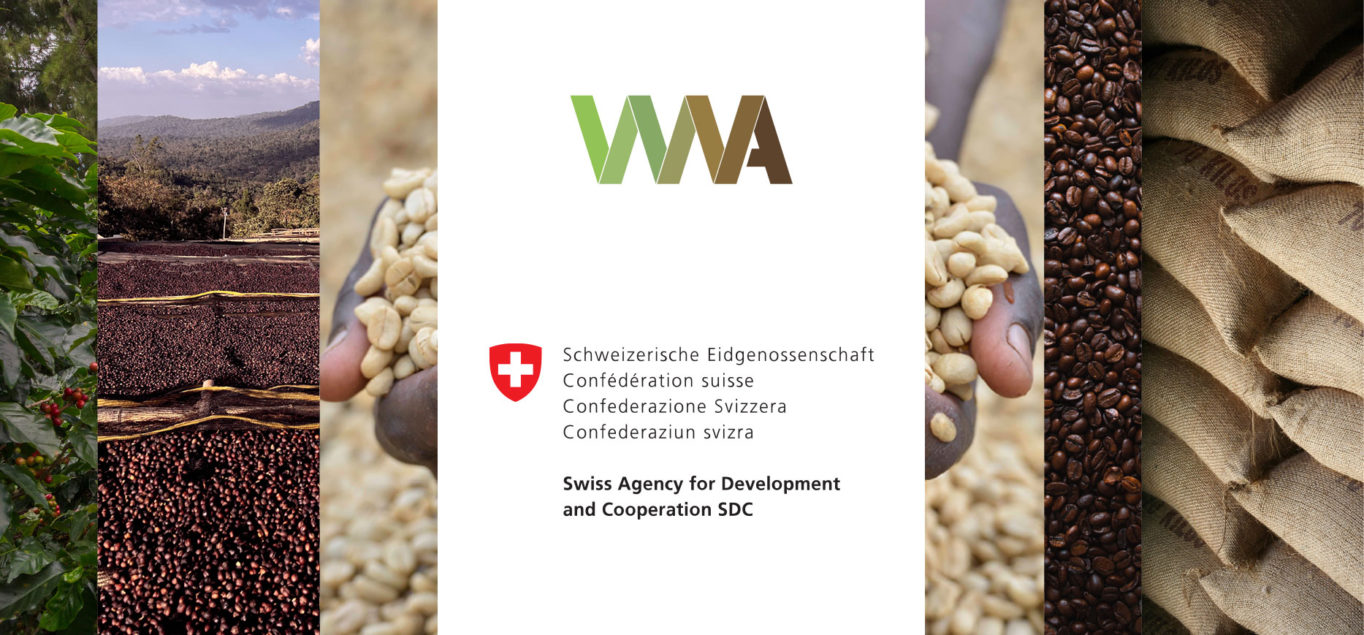
This November, we were proud to mark the one-year anniversary of our “Ethiopia Traceability Project”, an 18-month project to find an answer to the technical and economic challenges linked to first-mile traceability in highly fragmented coffee supply chains of Ethiopia.
The initiative pilots a traceability system with three wet mills in the Sidama region where most of the coffee is sourced from thousands of smallholders as well as local coffee collectors/buyers. With many stakeholders at play, the project is looking not only for a technical solution that can be implemented with limited access to basic services such as electricity and internet, and low IT literacy, but also to find the proper incentives to ensure each part of the value chain is able and willing to record and share information.
With this pilot, we hope to come up with a scalable model to create capacities and incentivise a robust system that would – if successful – act as a cornerstone for future business development.
The project, which began officially in November 2022, is co-funded by Walter Matter and the Swiss Development Agency (SDC). It is implemented with the crucial support of long-standing commercial partners, who ensure local buy-in and collaboration with local authorities.
The project will also train farmers on Good Agricultural Practices, including pest and diseases management and intercropping, which will contribute to preparing the ground for organic certification. By engaging with two key stakeholders in the supply chain – farmers and wet mills – we expect to ensure production of the highest quality coffee. In view of an ever more demanding regulatory framework, the project will contribute to ensuring the continued access as smallholders to the European market. About 600 farmers will benefit from the pilot training on agricultural practices.
“The primary beneficiaries of this project are three selected wet mills,” said Gregoire Davidoff, Head of Coffee at Walter Matter.
“They will benefit from improved and digitalized traceability, increased trust between producers and buyers, and the anticipated increase of organic certifications.” he added.
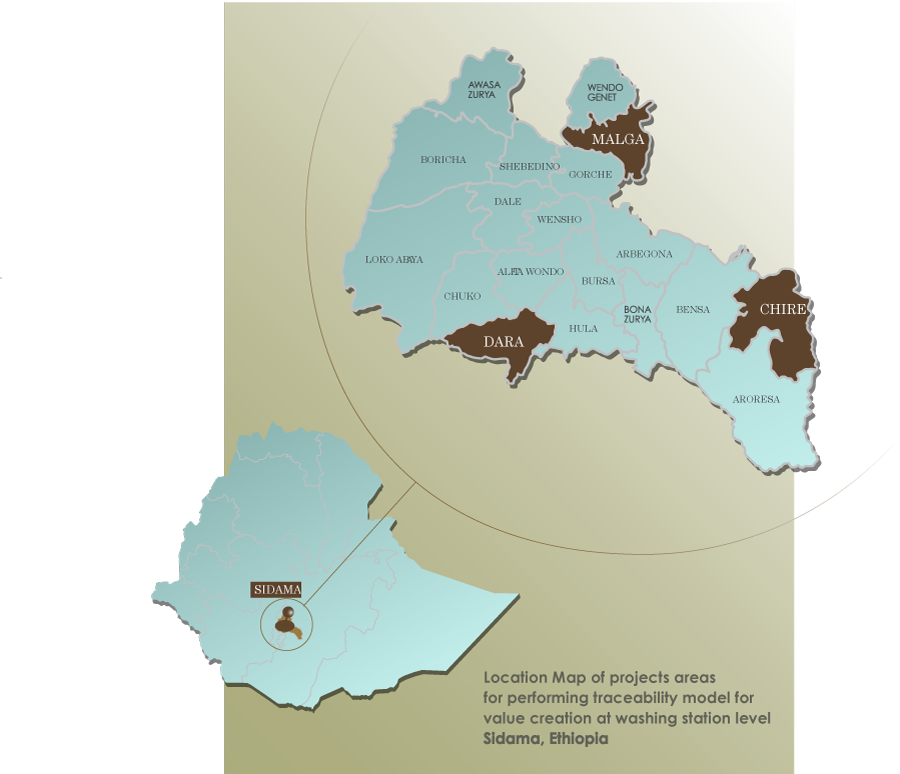
Ethiopia, the birthplace of coffee, remains Africa’s largest producer of coffee. Coffee is more than a simple commodity here. Coffee also provides a living for millions of farmers, for whom it is often their sole source of income.
Boasting a rich tapestry of aromas and tastes, Ethiopian coffee has deservedly earned a global reputation for its diverse and distinctive flavour profiles. A significant portion of Ethiopian coffee adheres very naturally to the principles of organic farming. Most systems refrain from using chemical fertilisers, herbicides, or pesticides.
However, Ethiopian coffee faces substantial and growing challenges in terms of remaining competitive in the global market. Tracing coffee traceability from farm to port involves multiple intermediaries, but this process will need streamlining in order to meet the evolving standards and regulations of sustainability.
“Supply chain documentation has mostly been paper-based, and payment to farmers made in cash, which hinders supply chain transparency and reliable traceability. How can we use copies of documents partly hand-written in Amharic with international business partners?” said Judith Beyeler, Sustainability Manager.
“Digitalization solves these issues, while enabling smallholders to increase their income and to remain competitive within global markets, especially in Europe.” she added.
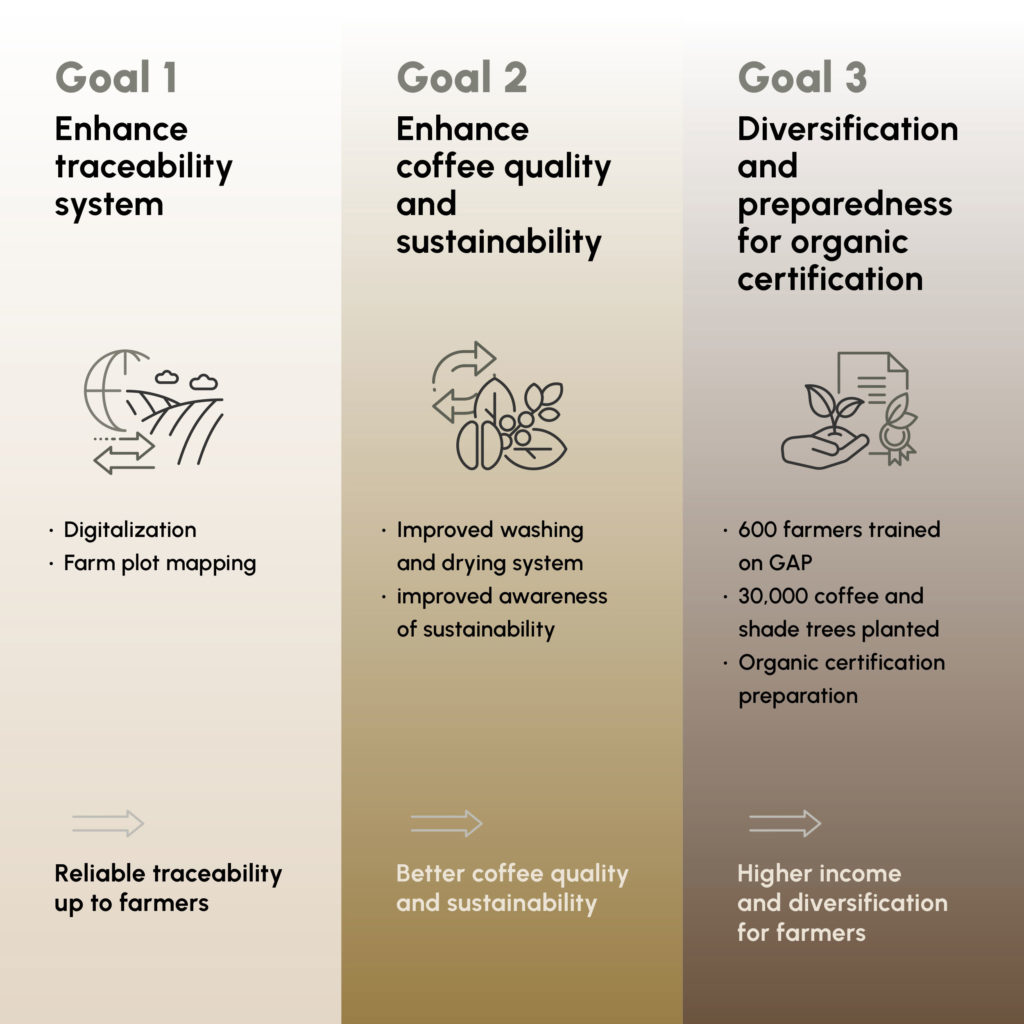
More on the Project’s progress in 2024!
Read more about Ethiopian coffee and our local office HERE and the EU Deforestation-free Commodities Regulation and related increased demands on traceability HERE.
RECENT NEWS





